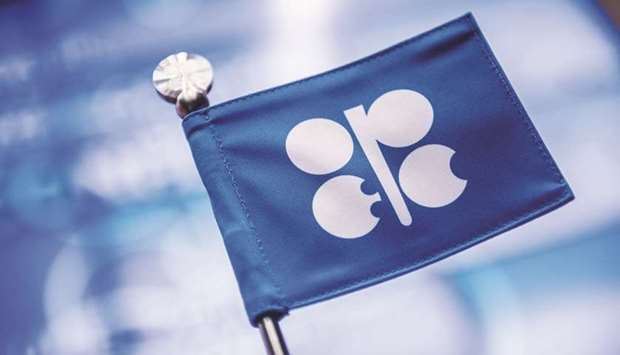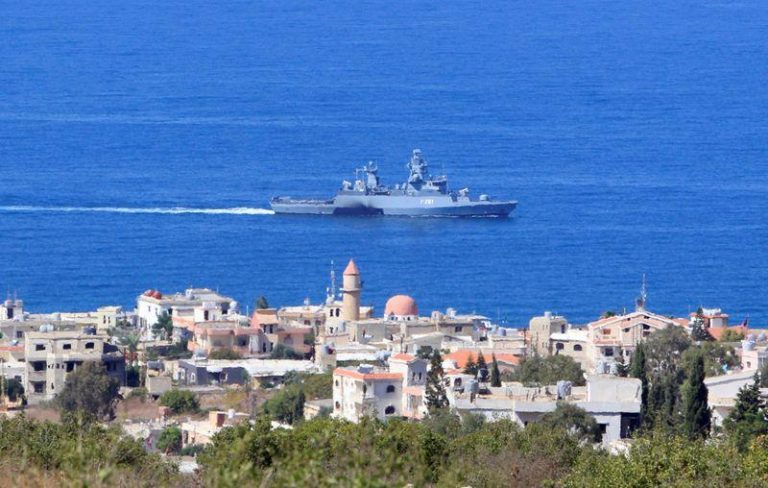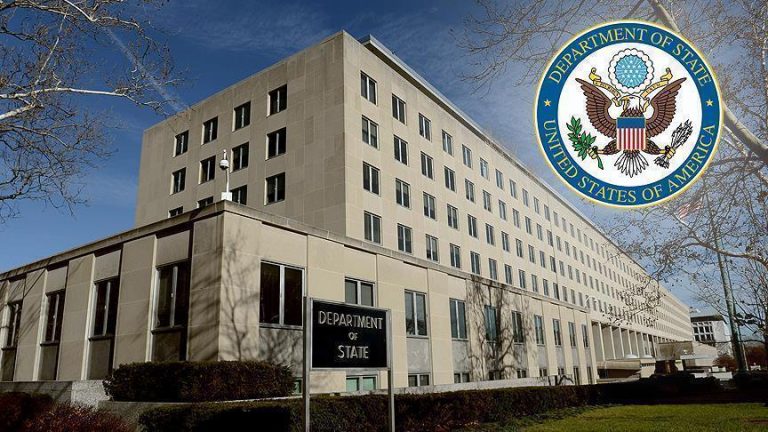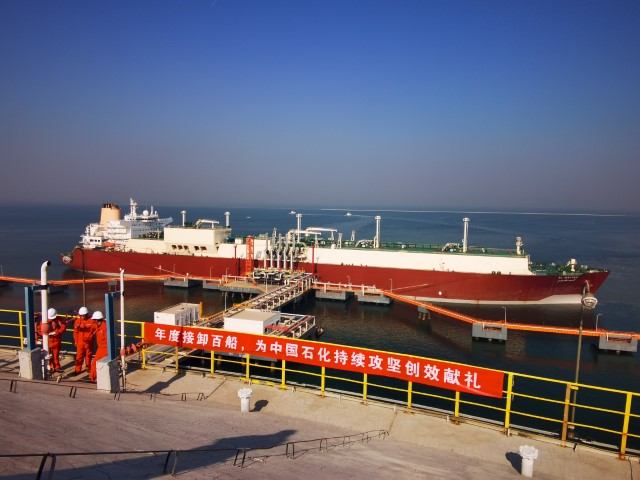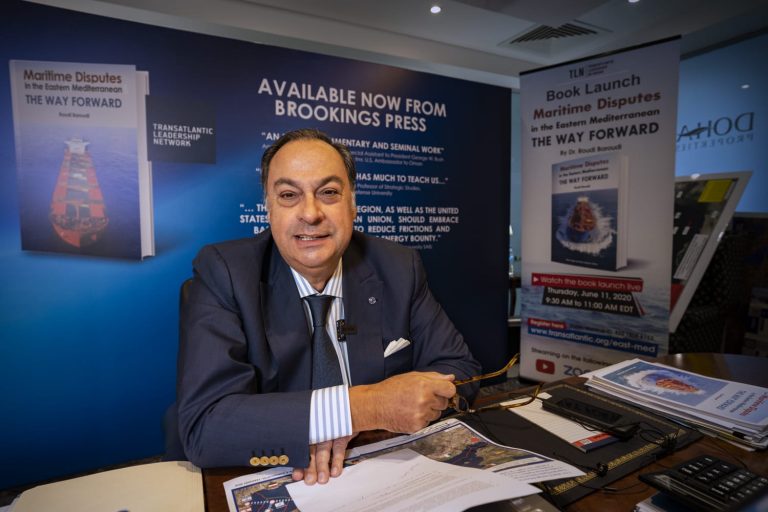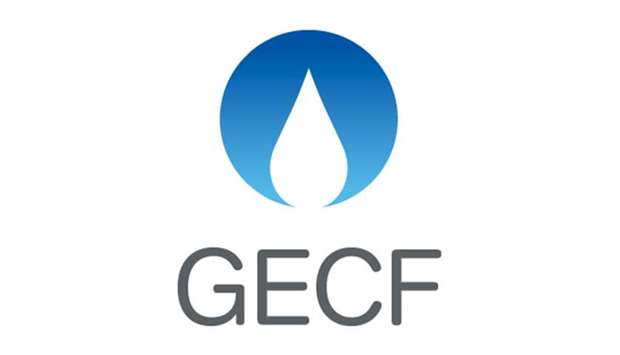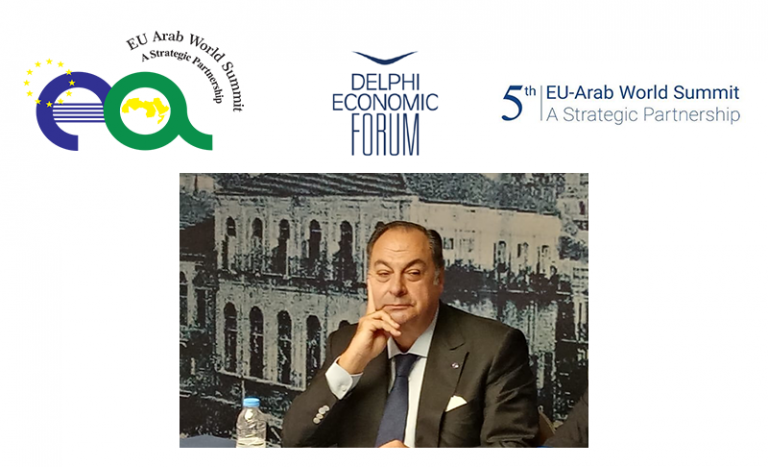GECF amplifies role of natural gas at OLADE Ministerial Meeting
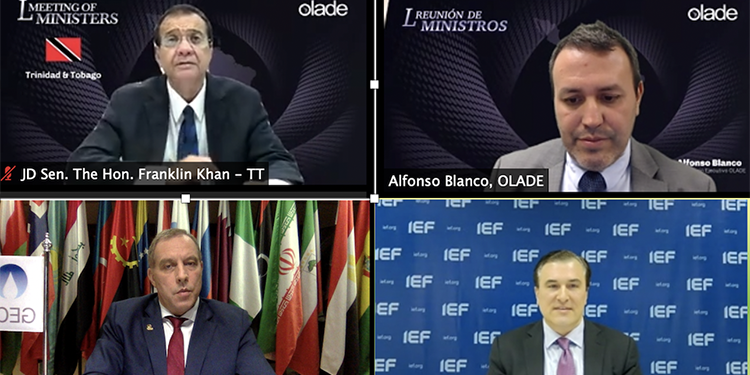
Upon an invitation of the Latin American Energy Organization (OLADE), the Gas Exporting Countries Forum (GECF) participated in its 50th jubilee Meeting of Ministers, dedicated to the topic “The energy sector during the crisis and its role in a post-pandemic economic recovery” and held on 19 November via videoconference.
The OLADE governing body has proved to be the foremost gathering of the Energy Administration Heads in the Latin American and Caribbean region providing an umbrella access to membership of 27 countries and engagement of peer international organisations, such as GECF, IEA, IEF, IRENA, and Inter-American Development Bank.
Assuming the office from HE Antonio Almonte, the Dominican Republic’s Energy and Mines Minister, the Meeting’s President HE Senator the Honourable Franklin Khan, Minister of Energy and Energy Industries of Trinidad and Tobago shared his vision of the energy sector as “the engine of the post-pandemic economic recovery” and stated that “energy industries have always played a fundamental role in providing society with the conveniences of modern living”.
Addressing the policymakers, the GECF Secretary General Yury Sentyurin, linked to the significant deterioration in OLADE countries’ economies due to COVID-19 pandemic and noted that “the GECF estimates that despite the challenging environment, the region’s primary energy demand will rise by 60% by 2050. Natural gas will make the most prominent contribution to this growth, as an inevitable component in building more sustainable energy systems with prominent emissions mitigation potential through larger deployment of decarbonisation options, including carbon capture, utilisation and storage (CCUS) and hydrogen developments.”
The GECF Secretary General commended the decisive actions taken by OLADE countries to facilitate energy transition and stimulate energy systems’ decarbonisation. In this regard, he recalled the recently taken final investment decision to construct Energia Costa Azul LNG project in Baja California, Mexico – the first ever LNG export facility on the Pacific Coast of North America.
Meanwhile, the UNFCCC COP25 chair Chile shared more details on its pledge to phase out coal by 2040 and to achieve carbon neutrality by 2050. The Chilean Energy Undersecretary Francisco Javier López particularly mentioned hydrogen and noted that its production was “a high priority area of work to further energy sector developments”.
Speaking about Argentinian energy mix, HE Dr Javier Papa, Undersecretary of Energy Planning at the Energy Secretariat described natural gas as an integral element to succeed energy transformation. Argentina has recently announced its plans to liberalise its gas market by offering repatriation for gas investment.
“These are encouraging news in favour of natural gas and collectively they sound even more impressive” – continued GECF authority, citing the Forum’s Global Gas Outlook 2050, which forecasts the share of gas in the Latin American and Caribbean regional energy mix to grow from currently 24% to 33% by 2050. “Natural gas will be the harbinger of a sustainable and environmentally-friendly prosperous future for Latin America” – HE Yury Sentyurin stated.
Reflecting on the challenges posed by the year 2020, the GECF Secretary General highlighted the Forum’s Member Countries’ outstanding discipline and resilience in the continued fulfilment of their obligations towards all contracting parties. He also recalled his counterpart OLADE Executive Secretary Alfronso Blanco saying that “the strengthened collaboration can support the achievement of deeper energy transitions in the region.”
“The GECF has been continuously supporting its partner organisation and is eagerly looking forward to making even greater tribute in the OLADE-GECF activities, as well as its Member Countries’ practices through joint studies and outreach activities, exchange of unique expertise, comprehensive data sets, and analytics and multifaceted experience” – HE Secretary General Sentyurin reiterated. He also added that the GECF is ready to assist those on board to emerge stronger, wiser, technologically guided, data driven, and ever more agile, when entering the post COVID-9 world of growth and prosperity.
